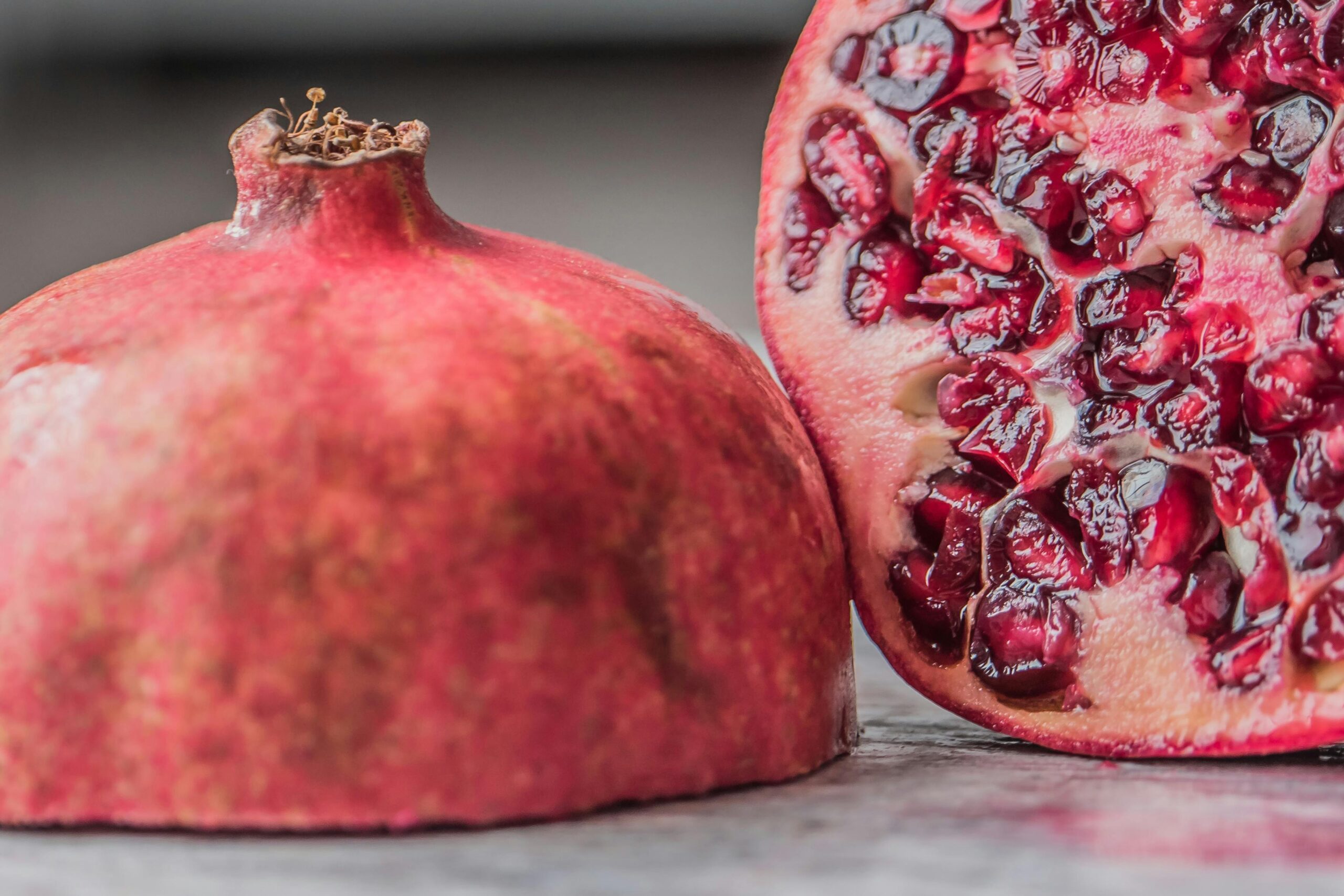


Medically Reviewed By Margaret Etudo. Written By The Vitamins For Woman Team.
Feeling sick every time you take your prenatal vitamin can feel discouraging, especially when you know these nutrients are important for your baby. You’re not alone in wondering if skipping them for relief is okay.

Many expectant mothers start pregnancy with the best intentions, faithfully taking prenatal vitamins to support their baby’s development. But what happens when those same vitamins seem to cause constant nausea or even vomiting?
One mom-to-be shared that at 18 weeks, she felt fine when she stopped her prenatal, but sick again when she restarted. It’s a frustrating situation that many can relate to. The truth is that prenatal vitamins are essential, especially in early pregnancy. Key nutrients like folic acid (or methylated folate) help prevent neural tube defects in the baby’s brain and spine (Portland State University, 2017).
Iron supports blood volume expansion and helps prevent maternal anemia (Seck et al., 2018). However, iron is also one of the most common causes of stomach upset when taking prenatals.
Even if you’re past the first trimester, continuing a prenatal supplement ensures you’re getting the right amount of folate, iron, calcium, and other micronutrients that may be hard to obtain from diet alone (Portland State University, 2017).
According to Seck et al. (2018), deficiencies during pregnancy can affect both maternal health and fetal development. This is why most health providers encourage sticking with a supplement throughout pregnancy unless they recommend a specific alternative.
Skipping a prenatal vitamin occasionally due to nausea is not uncommon, but consistently avoiding it without consulting a healthcare provider can increase risks, especially for neural tube defects and maternal anemia.
Many women discover that adjusting how or when they take their prenatal can make a big difference. Taking your vitamin with food or at night may reduce nausea. Gummy prenatals are often easier on the stomach since they don’t contain iron, but if you choose gummies, you’ll need a separate iron supplement.
Slow-release options, such as Slow Fe iron tablets, may be easier to tolerate for some women. Another approach is to try a prenatal without iron and focus on iron-rich foods like lean meats, beans, and leafy greens.
Later in pregnancy, when iron needs increase, you can revisit supplements if needed. Always discuss any changes with your provider to ensure your nutritional needs are still met.

Not every prenatal vitamin is the same. Some women find that methylated folate is easier to absorb. Others prefer chewable or powder-form prenatals. Brands like Ritual Prenatal Multivitamin are popular for their simpler ingredient list and gentle formula, while traditional options with slow-release iron can reduce stomach upset.
If you decide to try a new prenatal, look for one with at least 400–800 mcg folate and discuss with your healthcare provider whether you need additional iron. If you’re curious about options, many women appreciate trying gummies or gentle formulations first before switching back to a standard capsule.
Pregnancy is already a rollercoaster, and dealing with nausea from a supplement that’s supposed to help you can feel unfair. The key is not to give up on prenatal vitamins altogether but to find a version and routine that works for you.
There’s no shame in experimenting with timing, format, or adding a separate gentle iron supplement if needed. Your body and your baby both deserve support.
Every pregnancy is different, but all mothers deserve reliable information and compassionate guidance. If prenatal vitamins are making you feel sick, it doesn’t mean you have to give up on them.
Work with your healthcare provider to find a supplement plan that meets your needs. If you’re exploring options, consider a gentle prenatal or a trusted iron supplement like Slow Fe, which is formulated for gradual absorption.
Your health and your baby’s development matter. Small adjustments can make a big difference. You’ve got this!
Portland State University. (2017). The relationship between maternal micronutrient supplementation and neonatal outcomes. Retrieved from https://pdxscholar.library.pdx.edu/cgi/viewcontent.cgi?article=2778&context=honorstheses
Seck, B. C., & Jackson, R. T. (2018). Determinants of compliance with iron supplementation among pregnant women. Nutrition Reviews, 76(9), 619-631. Retrieved from https://dergipark.org.tr/en/download/article-file/4928482
Shxia, M. (n.d.). Nutrition in pregnancy. Retrieved from https://shxia.tripod.com/ob3.htm

medically reviewed by margaret etudo, BPharm. written by the vitamins for woman team.